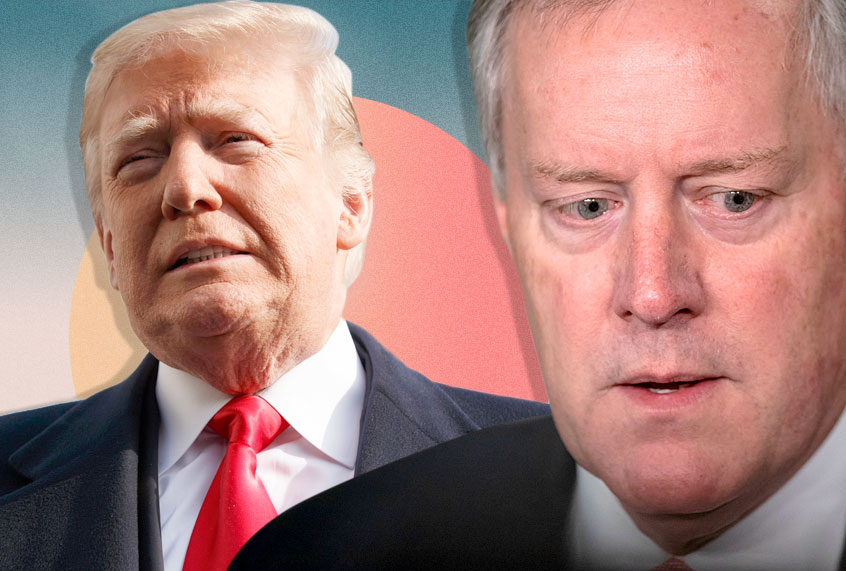Having been rejected by the man reported to be his first choice for chief of staff, President Donald Trump is now believed to be turning toward one of the most right-wing members of the House of Representatives for help.
The office of Rep. Mark Meadows, R-N.C., confirmed to Politico that it would be “an incredible honor” for the House Freedom Caucus leader to serve as Trump’s new chief of staff. More specifically, Meadows’ office said that “serving as Chief of Staff would be an incredible honor. The President has a long list of qualified candidates and I know he’ll make the best selection for his administration and for the country.”
Meadows has risen to the short list of Trump’s replacements for outgoing Chief of Staff John Kelly after Nick Ayers, the chief of staff for Vice President Mike Pence, turned down the job. Other reported finalists for the position include Secretary of the Treasury Steven Mnuchin, Director of the Office of Management and Budget Mick Mulvaney and United States Trade Representative Robert Lighthizer.
If Trump picked Meadows, it would signal an unwillingness to work with congressional Democrats in spite of that party reclaiming control of the House of Representatives in the 2018 midterm elections. Earlier this year Meadows was behind an effort to threaten impeachment against Deputy Attorney General Rod Rosenstein over his role in overseeing the Trump-Russia investigation, although Meadows claimed that he and his colleagues had “frustrations about their inability to respond to simple requests [that] could warrant further action”; Meadows has attempted to discredit special counsel Robert Mueller over the revelation that members of the FBI investigating Trump had expressed antipathy toward him in private text messages; and he said, during the battle to pass Trump’s tax cuts, that he would be okay with running a deficit if it could mean passing tax cuts that predominantly help the wealthy.
Kelly’s resignation was widely seen as inevitable in Washington, given his poor working relationship with the president. Near the end of his tenure he was reported to no longer be on speaking terms with the president, even though Kelly had initially been hired under the premise that he would bring stability and grounding to the Oval Office. Despite that reputation, Kelly also developed a reputation for being extremely partisan on issues like finding a deal over Deferred Action for Childhood Arrivals, where he intervened to squelch a potential compromise that he felt was insufficiently conservative.

